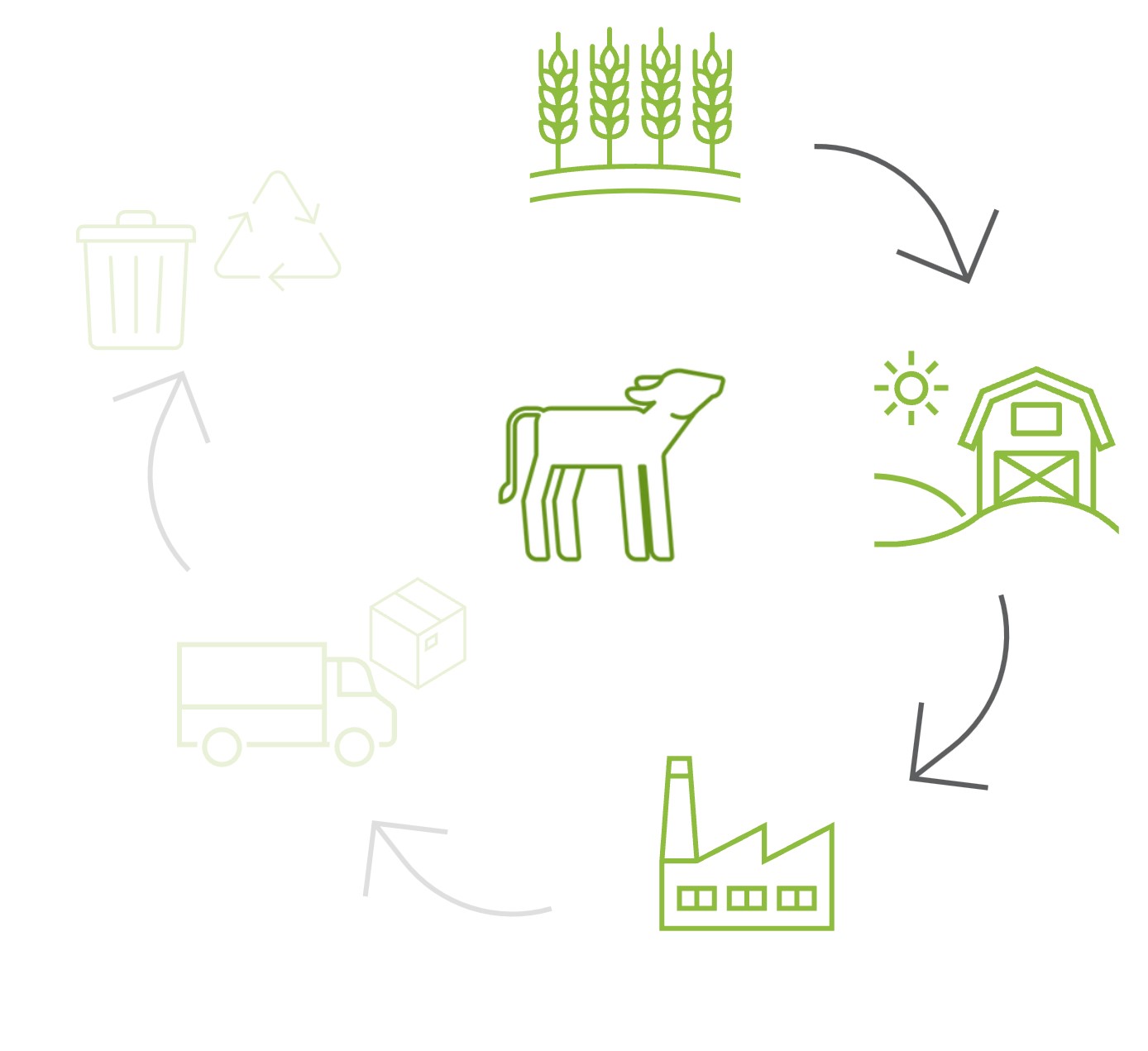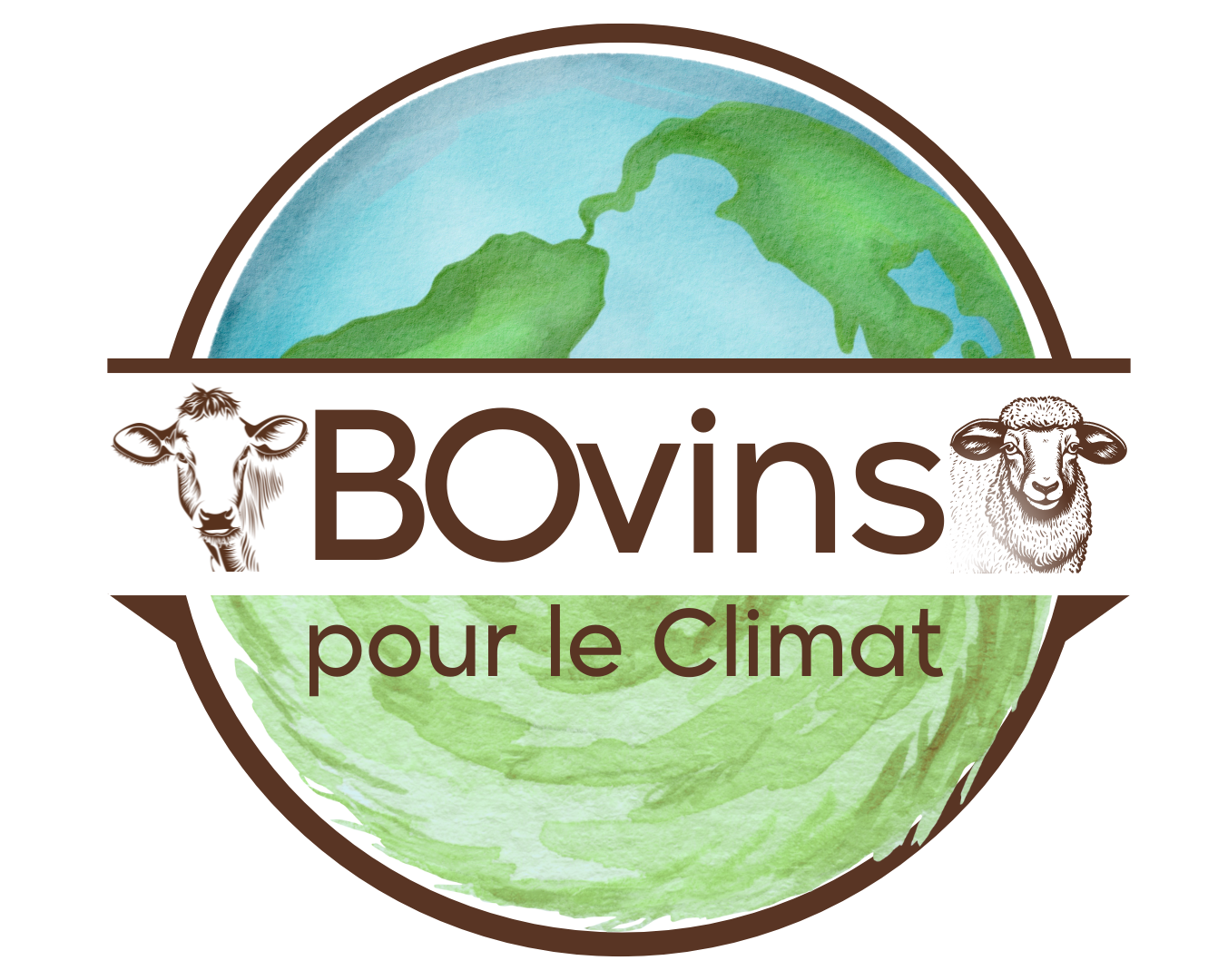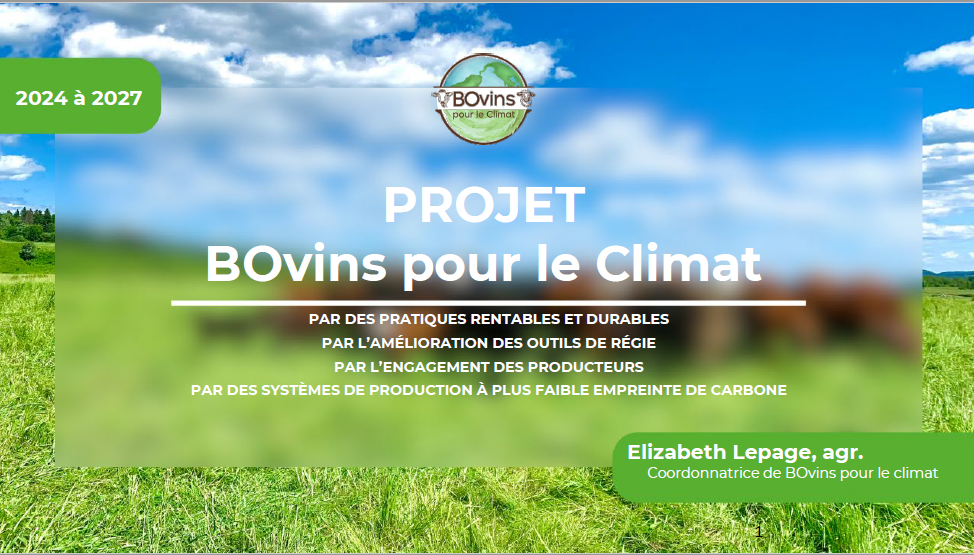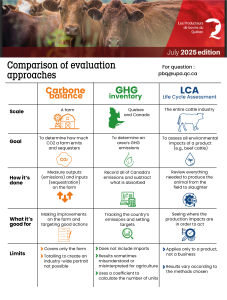Life cycle assessment for the veal sector
Mindful of its environmental impact, the PBQ’s veal sector conducted a life cycle assessment to qualitatively and quantitatively understand the environmental effects of veal production.
Separate results were generated for the grain- and milk-fed veal sectors to reflect the unique features of each. The assessment provides a clear picture of the leading sources of impact:
- Raising livestock: the largest source of GHG emissions in both sectors, as well as the largest driver of water consumption for grain-fed veal
- Crops and animal feed: the main driver of land use, as well as the largest driver of water consumption for milk-fed veal
These findings give the sector concrete things it can do to focus its efforts on the most critical points in the production cycle. Work will ensue in the coming years.
BOvins pour le climat project
In Quebec, 35 beef farms (5 fed cattle operations and 30 feeder calf operations) are taking part in the BOvins pour le climat project. Headed up by the Nova Bœuf team at the Centre de développement du porc du Québec (CDPQ), this project is a testing ground for lowering methane emissions on farms by exploring different practices for grazing management, manure management, herd efficiency, and feed.
Another important aspect of BOvins pour le climat is knowledge transfer. Participating farms begin by calculating a carbon balance for their farm to identify priority actions; they received their results in February 2025. This project is funded by the Government of Quebec as part of the 2023-2028 Implementation Plan of the 2030 Plan for a Green Economy.
To find out more, please see the presentation at the Quebec cattle producers 2025 annual general meeting or consult the CDPQ website.
Producer involvement in other environmental initiatives
A number of cattle producers participate in the Living Labs – Racines d’avenir project. The purpose of this project is to develop, discuss, test, and assess innovative agricultural technologies and practices to increase the uptake of sustainable solutions for fighting climate change.
Cattle producers are also involved in the ALUS communities scattered across Quebec. ALUS-supported projects are aimed at increasing biodiversity and protecting water. We invite you to visit the different ALUS community websites to find out more:
Certain producers have also partnered with Agriclimate. The goal of this initiative is to better understand the effects of climate change on agriculture and implement the best solutions for coping with them. Several cattle farms have provided testimonials of their experiences with Agriclimate, which are available for viewing here.
In 2023, the PBQ published an online training resource (french only) that deals with adapting to climate change and reducing GHGs in cattle production.
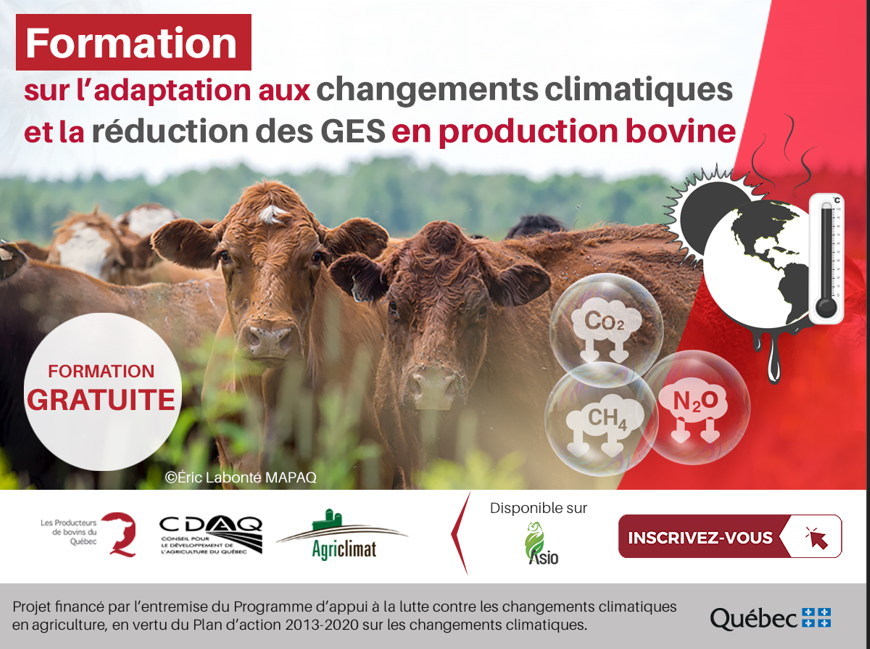
The PBQ supports producers in setting up and managing outdoor cattle housing solutions that safeguard animal welfare and protect the environment. To this end, all producers have access to a specialized training session as well as a guide to alternative setups in cattle production. The guide is based on findings from research conducted in Quebec over the last 20 years.
 Youtube
Youtube Facebook
Facebook